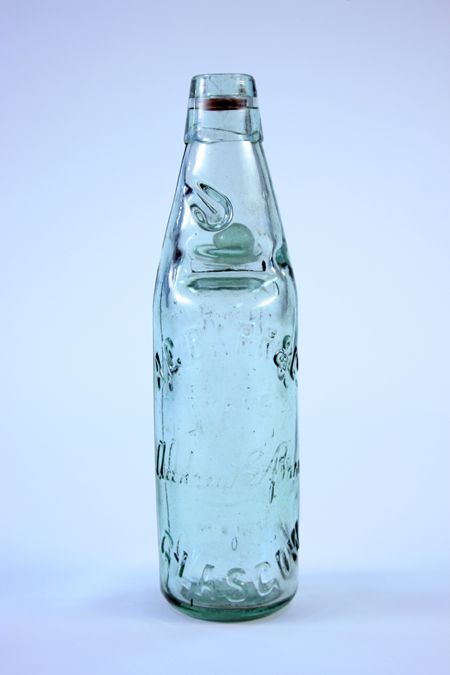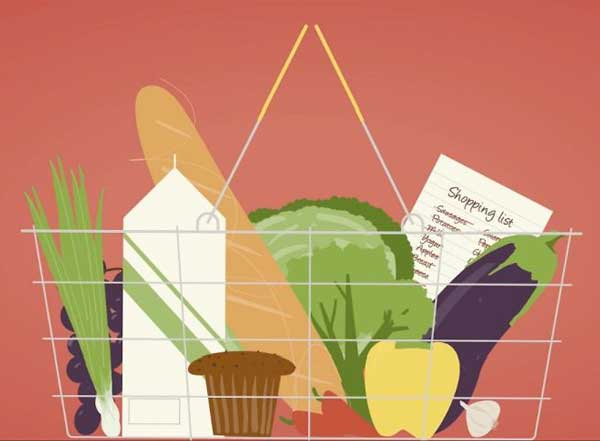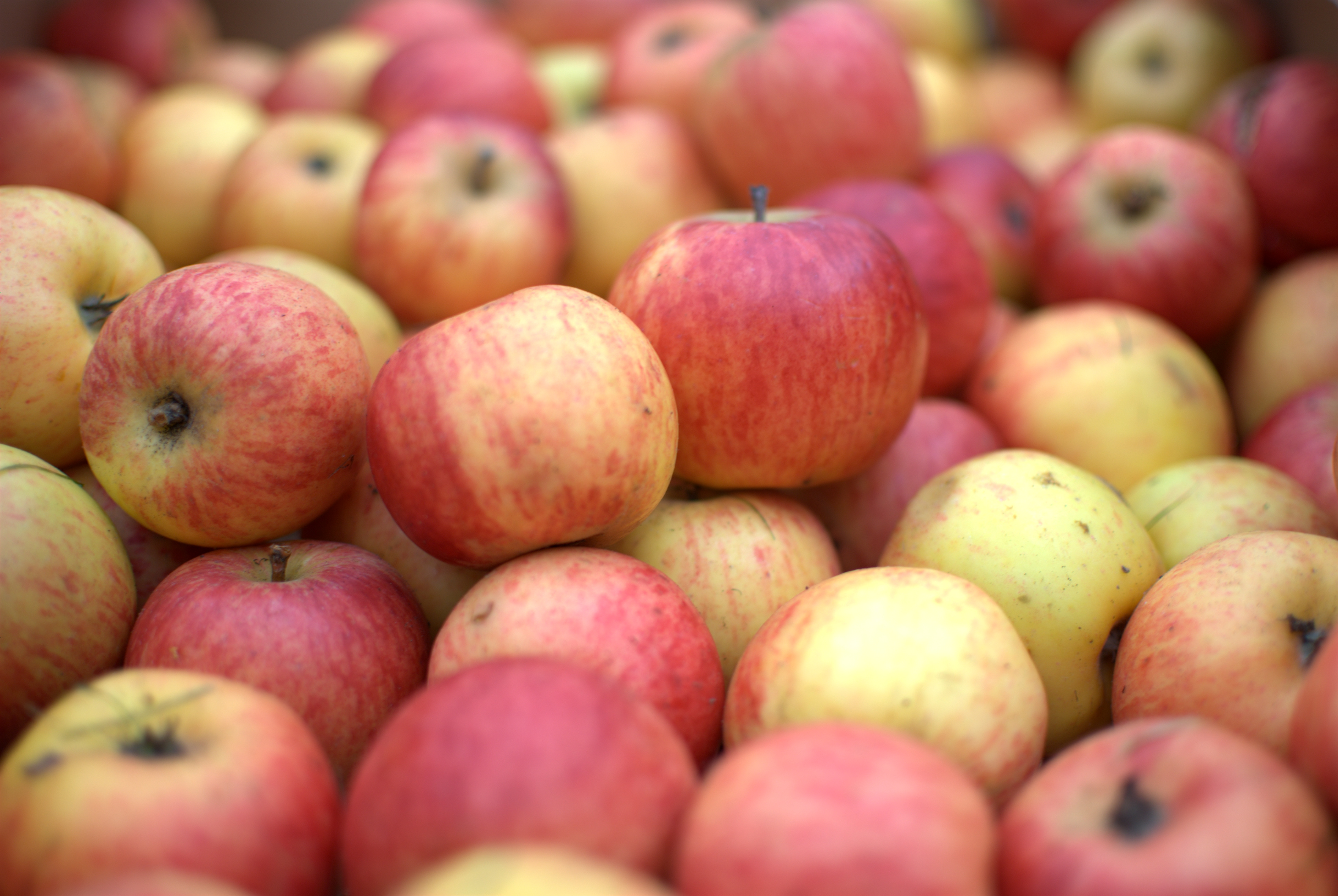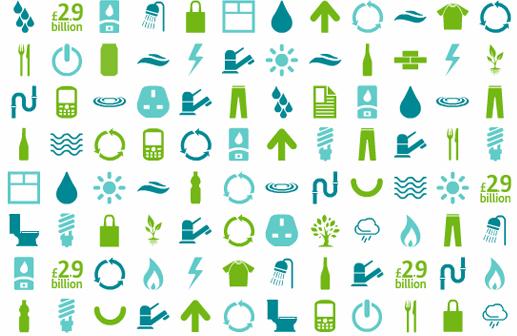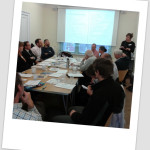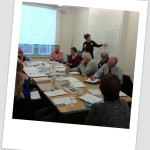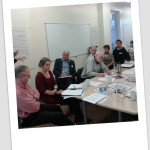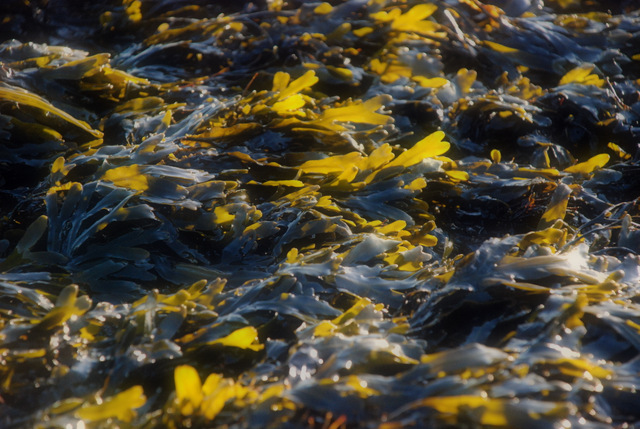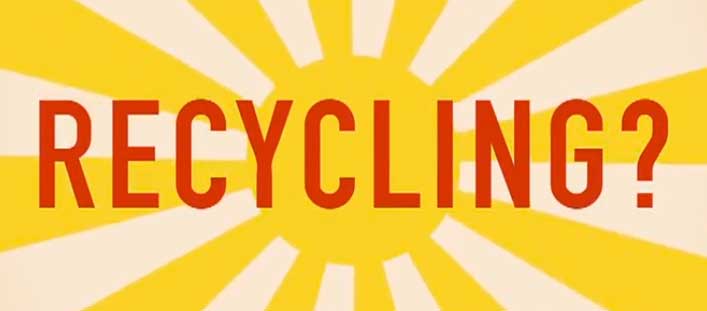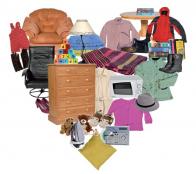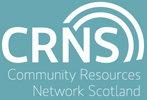
In the late 1800s all soft drinks were sold in glass bottles. Bottles returned to shops were collected by the manufacturer. There wasn’t a deposit scheme in place at this time – the return was completely voluntary. Not far up the road, in Falkirk, Barrs first started making soft drinks way back in 1875, and even if you’re not a fan, their bottle archive is fascinating.
By 1905 bottle returns had dropped off and they were also getting damaged, so drinks companies agreed through their trade body to introduce a bottle deposit system. It started off at one half penny per bottle. Nothing changed for over fifty years.
But then cans were introduced in the 60s, and not long after non-returnable glass bottles started to appear in supermarkets. Enter the plastic bottle in the 80s and the returnable glass bottle became all but history – all Barr one company. Barrs now sells 30 million “returnable bottles” in corner shops and garages every year, mostly locally.
Continue reading “Back in the day all bottles were returnable”
